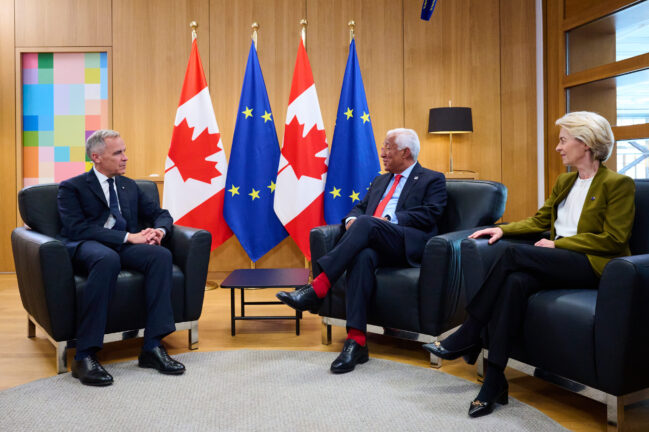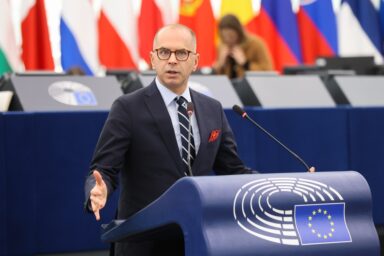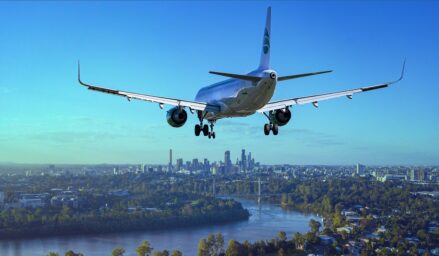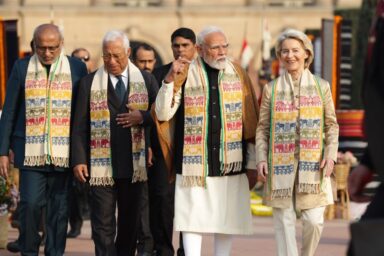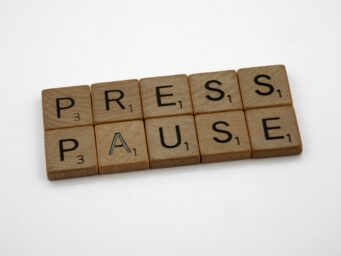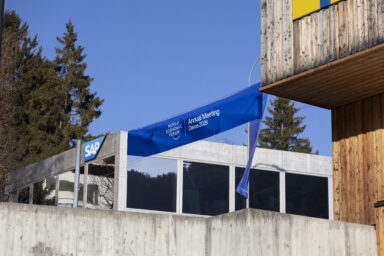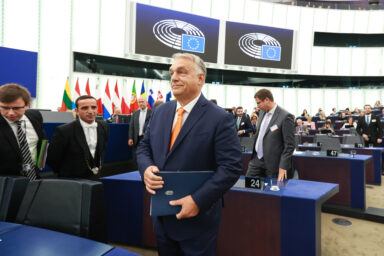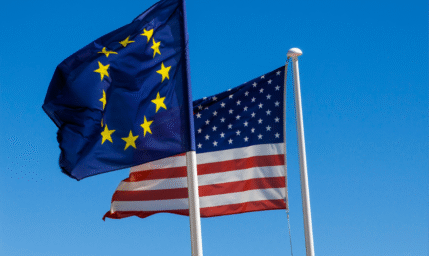The European Union and Canada signed a security partnership on Monday, edging closer to co-operation on military purchases. It reflects their joint effort to preserve elements of the rules-based global order, suddenly fragile after the US has abandoned it.
Ursula von der Leyen, European Commission President, stated the EU and Canada would swiftly initiate talks on the North American nation’s access to a key defence financial instrument. At Monday’s joint press conference with Mark Carney, Canadian Prime Minister, and António Costa, European Council President, she described the partnership as a first step towards Canada’s involvement in the 27-member bloc’s €150bn joint-purchase loan pool—Security Action for Europe (SAFE). This pool forms part of the EU’s proposed €800bn ReArm Europe initiative.
Canada’s access to SAFE, however, needs further negotiation. Each individual purchase requires agreement by European partners. This may appear as a rather unwieldy arrangement, but the range of options available to the leaders is not very wide. Mr Carney, aiming to lessen Canada’s reliance on the US for defence, acknowledged this.
‘Most European’ country outside Europe
“We can nostalgically look back and long for the old order to somehow return, or we can build a new one with purpose and partnership,“ the newly elected Canadian PM said. „And as the most European of the non-European countries, Canada looks first to the European Union to build a better world,” he added.
The EU and Canada will seek to enhance equipment and personnel interoperability, develop maritime security, including in the Indo-Pacific. They will also consider joint naval activities, per the agreement released after the Brussels meeting.
You might be interested
We can nostalgically look back and long for the old order to somehow return, or we can build a new one with purpose and partnership. – Mark Carney, Canadian Prime Minister
The deal—which, Bloomberg noted, mentions the word “cyber” 13 times—also commits to considering joint action against foreign interference and sharing information on “emerging disruptive technologies”. This is to include AI governance in defence.
What the pact says
The joint EU-Canada statement sets out various areas of co-operation, including:
- sourcing of metals and minerals critical for defense, welcoming a Canadian nickel project announced under the EU’s Critical Raw Materials Act, and working on finding “opportunities for co-investment in projects of mutual interest”
- energy security
- aligning regulation and standards
- enhancing cross-border trade and investment
- providing continued support to Ukraine “for as long as it takes and as intensely as needed”
- increasing pressure on Russia
- calling for an immediate cease-fire in Gaza and the release of all hostages
- deep concern at “dangerous escalation following Israeli strikes on Iran, and Iran’s response” as well as agreeing Iran can’t have nuclear weapons.
The EU is broadening its multilateral efforts following indications from US President Donald Trump regarding a reduced American role in European security. The bloc also signed a security pact with the UK last month—five years after Brexit.
New era of co-operation
Mr Carney stated Monday’s announcement marked a “new era of co-operation” that would soon launch comprehensive negotiations to strengthen cooperation in areas including trade, economic security, digital transition, and climate change. Joining SAFE would allow Canada to pool resources with European nations and access each other’s industries, which should render military procurement more cost-effective and efficient, he added.
In a separate joint statement, Canada and the EU also stated they “condemn threats to the independent functioning” of the International Criminal Court, “including measures against individual officials.”
The EU-Canada pact was signed a day before NATO’s summit in The Hague, where allies were expected to agre to boost defence spending to five per cent of GDP. The security deal affirms NATO as “the foundation” of collective defense for Canada and EU NATO members.
